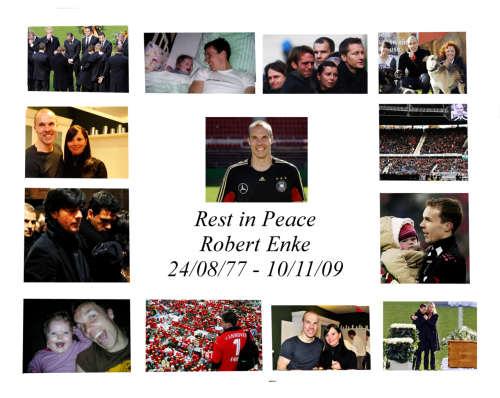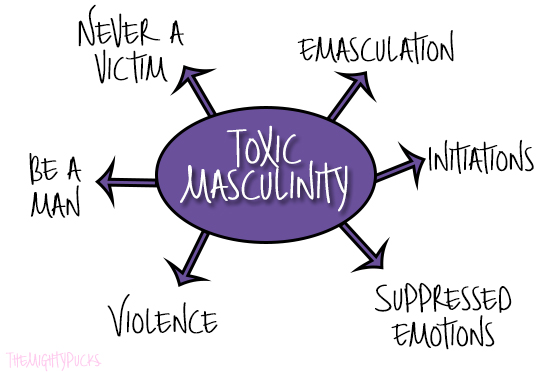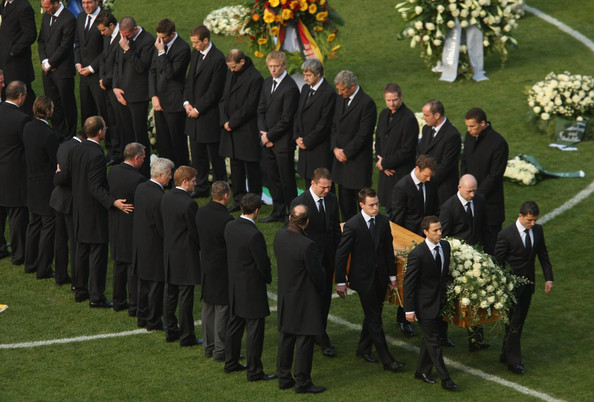We’ve started a conversation about mental health. Now, let’s take it one step further. Let’s fight to end the stigma surrounding mental illness.
In September 2010, Bell Let’s Talk began a new conversation about Canada’s mental health. At that time, most people were not talking about mental illness. But the numbers spoke volumes about the urgent need for action. Millions of Canadians, including leading personalities engaged in an open discussion about mental illness, offering new ideas and hope for those who struggle, with numbers growing every year. For every text, call, tweet and Instagram post, Facebook video view and use of Snapchat geofilter, Bell will contribute 5 ¢ more to mental health initiatives. #BellLetsTalk
If you are on social media, please use the hashtag #BellLetsTalk today to raise money and awareness about mental health – even if you’re not based in Canada.
I’ve talked at length about toxic masculinity in the sporting world – but the conversation needs to continue because:
- Mental health problems are one of the main causes of overall disease burden in the world
- 1 in 6 people this past week will experience a common mental health problem
- In 2013, 6233 suicides were recorded in the UK – and 78% of those were male
- 1 in 4 people in the UK will experience a mental health problem each year
- And shockingly, 9 out of 10 people with mental health problems experience stigma and discrimination
In 2011, NHL player Rick Rypien committed suicide. The player had struggled with clinical depression during his life. He was 27 years old.

On the 10th November 2009, the goalkeeper for Hannover 96 and the German national team, Robert Enke, committed suicide by jumping in front of a train. His wife, Teresa, had to identify his remains at the scene and was so traumatised, she needed to be sedated. For six years, Robert had been suffering from depression and had been seeing a therapist. Robert and Teresa had one daughter, named Lara, who suffered from a rare heart defect and died when she was only two. Robert visited her grave everyday and, it is believed, this reinforced his depression. After the death of Lara, they adopted a daughter, named Leila, but Robert feared that, due to his depression, she would be taken away from them.
“I tried to tell him that there is always a solution. I drove to training with him. I wanted to help him to get through it. He didn’t want to accept help any more.” – Teresa.
Robert left a suicide note in which he apologised to his family, friends and team for misleading them all that he was feeling better and said that his suicide plans were necessary.On the third anniversary of his death, Teresa has set up a hotline for athletes suffering similar problems to Robert’s. There is also the Robert Enke foundation.

DO NOT SUFFER IN SILENCE. Someone will always be ready to listen and to help you. You do not have to carry this burden on your own.
“I can never take something positive from his death, I can only try and transform the negatives into positives. His chance means a chance to help others.” – Teresa
#BellLetsTalk


